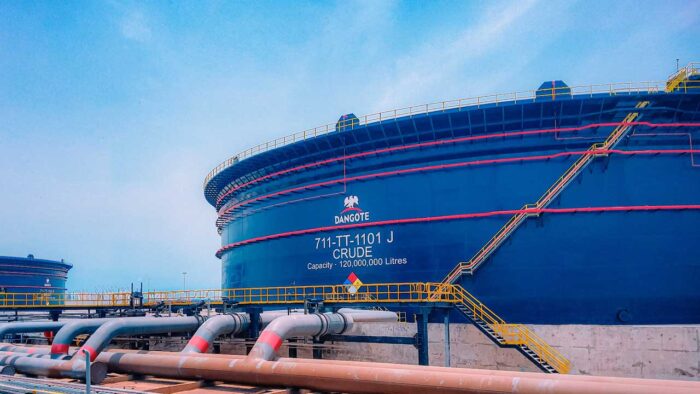
The Director, Policy and Advocacy Centre, Abuja Chamber of Commerce and Industry, ACCI, Mr. Olawale Rasheed, has said that the Kaduna Inland Dry Port is the only functional dry port in the Nigeria.
Mr. Rasheed spoke at one – day validation workshop on the report of assessment study on dry ports operations in Nigeria organized by the Abuja Chamber of Commerce and Industry, in collaboration with Kaduna Inland Dry Port and the German Development Agency (GIZ) on Wednesday in Kaduna.
According to him, the Kaduna Dry Port is a trail blazer, hence, her being used as a case study for the report.
Olawale explained that with the critical challenges at Lagos and Eastern ports, the strategic option was to develop a chain of inland container dry ports to ease congestion, fast track hinter land trading and reduce cost of doing business.
“On behalf of the leadership and management of Abuja Chamber of Commerce and Industry, I welcome you all to this all-important workshop designed to review a landmark report on dry port operations in Nigeria. We are delighted that despite all challenges, this event is holding with stakeholders firmly in attendance.’
“The subject matter of our gathering here is pivotal to Nigerian short, medium- and long-term economic revival. Amidst recession occasioned by the global pandemic and oil market crash, building internal economic infrastructure is a precondition for Post-Covid recovery.”
“When the wider context of African Continental Free Trade regime is taking into account, we realise the urgent need for Nigeria to expand and strengthen her trade and commerce infrastructures. This is especially so in the area of transportation and logistics.”
“With critical challenges at Lagos and Eastern ports, the strategic option is to develop a chain of inland container dry ports to ease congestion, fast track hither land trading and reduce cost of doing business.
“That is why a study of where we are on dry ports logistics is a timely agenda which will assist the current administration in the onerous task of post pandemic recovery. We are in search of best practices and a workable model that can serve as a reference point for expanded development of dry ports in Nigeria.”
“For us at Policy Centre of Abuja Chamber of Commerce and Industry, this project is a flagship, a step that will not only expand trade opportunities but will enhance the capacity of Nigeria to diversify her economy by encouraging non-oil exports.”
“We must at this point commend our partners, the German Development Agency (GIZ), the European Union and others for their generous support for the project. GIZ is specially recognised for her innumerable contributions to Nigerian policy development in several sectors of the economy,” he said.
Also, the management of the Kaduna Inland Dry Port has said that although the establishment of inland dry port was to decongest seaports and create economic activities within the Northern states, they were however faced with some challenges.
They therefore, called on the Federal Government to intervene.
One of the challenges, according to Kaduna Inland Dry Port manager, Mr. Rotimi Raimi-Hassan, was that shipping companies were yet to key into the dry inland port business and the lack of functional rail system.
He however, commended President Muhammadu Buhari and the Minister of Transportation, Rotimi Amaechi for their efforts in trying to see that the rail system functions.
According to him, a functional rail network from Kaduna to Port Harcourt and to Lagos, would reduce transportation cost and boost the import and export business.
He said a functional rail would reduce transportation cost for exporters and importers in the Northern part of the country.
The one-day workshop attracted participants from Abuja, Kaduna and other places in the North where stakeholders in the inland dry port business, abound.


